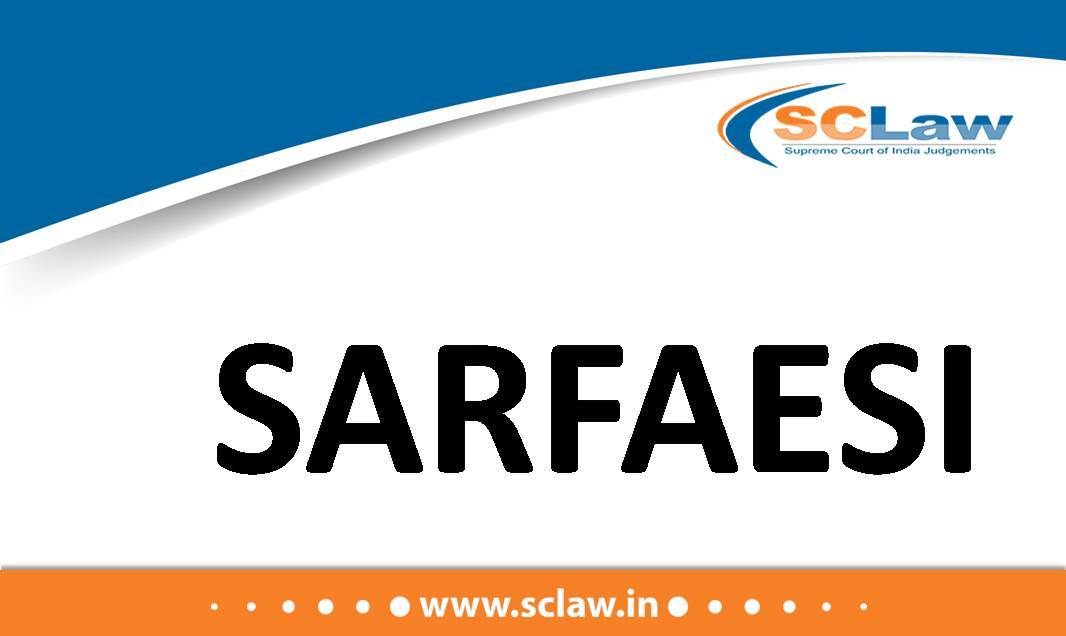Officers under Section 53 of NDPS Act are police; statement under Section 67 is confessional statement: Supreme Court in 2:1 judgment The Court noted that given the stringent provisions of the NDPS Act, they have to be construed bearing in mind the fact that the severer the punishment, the greater the care.
The Supreme Court has held by a 2:1 majority that officers under Section 53 of the Narcotic Drugs and Psychotropic Substances (NDPS) Act, 1985 are police officers (Tofan Singh v. State of Tamil…








